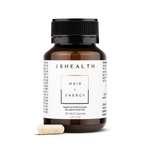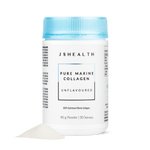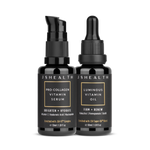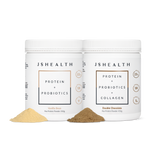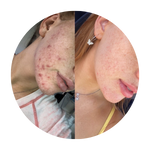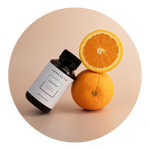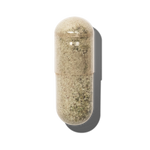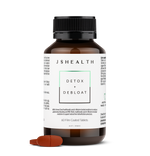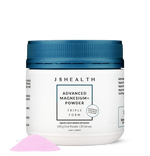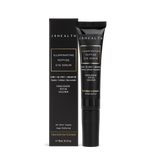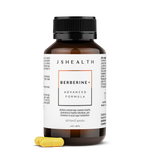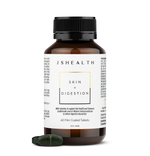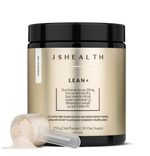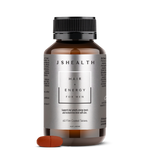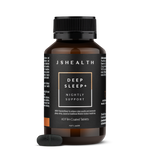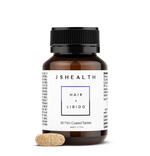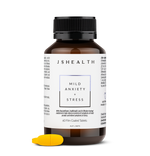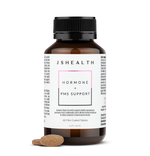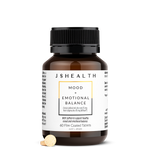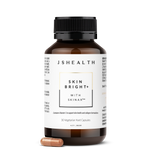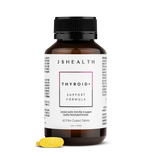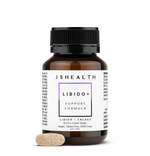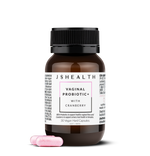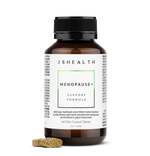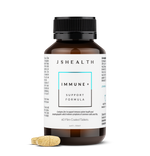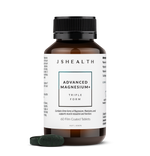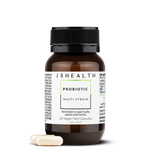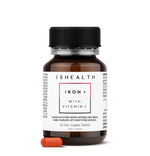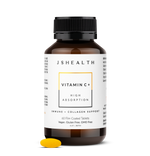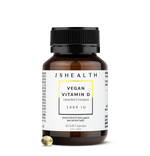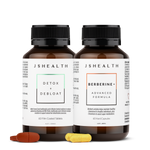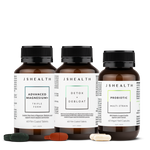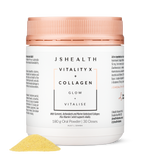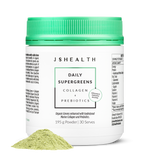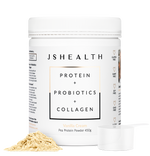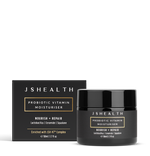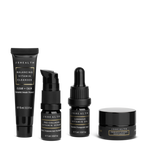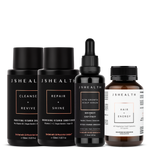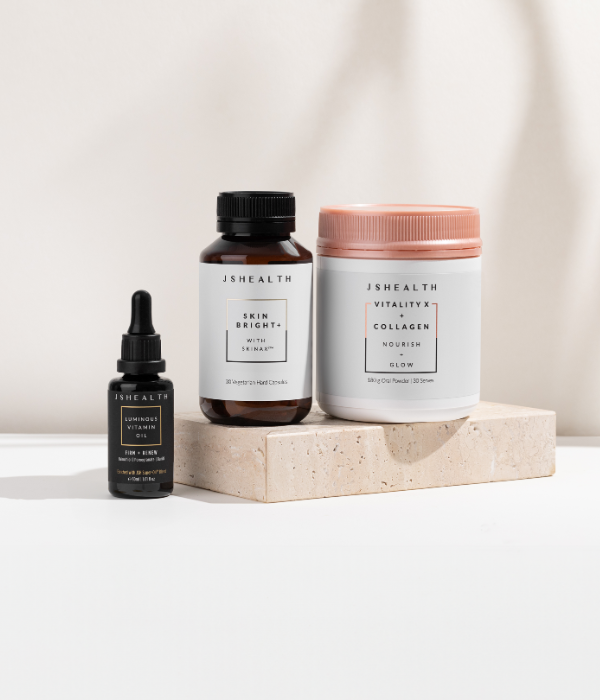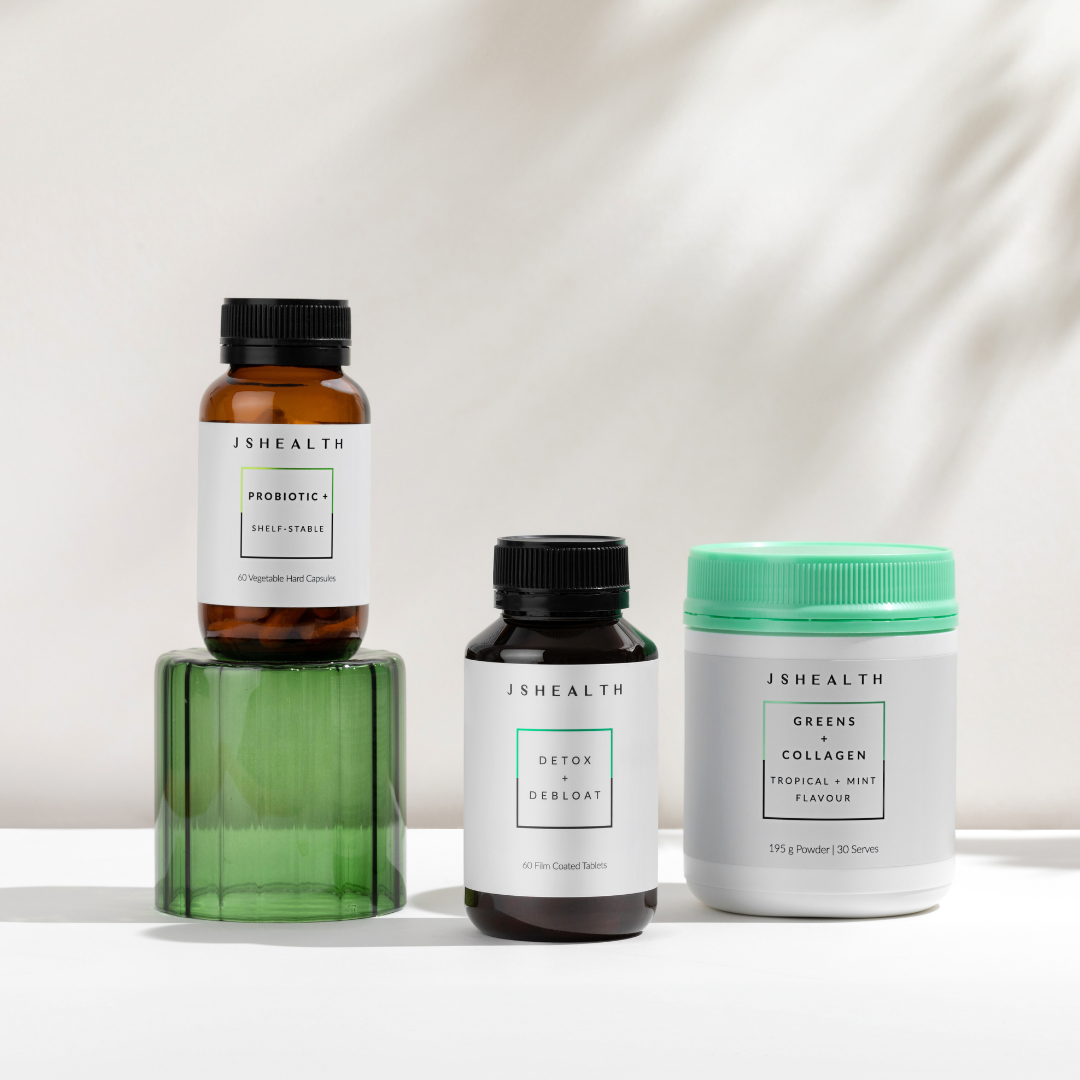The Secret Life of Your Gut
In recent years, gut health has become a hot topic in the wellness community, and for good reason! We know first-hand the power of a healthy gut to completely influence our health and wellbeing.
Read our Gut Health 101 blog here!
Today we’re taking a deeper dive into the microbiome — because gut health goes so much deeper than just digestion! From our skin, to our mood and even cognition, our gut microbiome plays a crucial role in our body’s overall state of health.
What is the microbiome?
Our gastrointestinal system digests and absorbs nutrients from food. Gut health encompasses all aspects of the gastrointestinal system and involves all aspects working together, in balance, to properly digest food and absorb the nutrients.
A major component of gut health is the balance of microorganisms that live in the digestive tract. These microorganisms, including bacteria and fungi are collectively known as the gut microbiome.
How do I know if my gut needs extra support?
We all have both ‘good’ and 'bad' bacteria in our gut that exist in a delicate balance. Sometimes, that balance can be thrown out.
These are the common signs(2) that your gut health is imbalanced:
- Bloating
- Nausea
- Food intolerances
- Irregularity or soft stools (in some cases, Irritable Bowel Syndrome)
- Acne or skin concerns
- Low mood, stress or anxiety
- Brain fog
How can you support the microbiome?
1. Eat a balanced, nourishing diet
Fill your plate daily with a variety of fruits, veggies, whole grains, lean protein and fibre-rich foods to promote healthy digestion and regular bowel movements.
2. Stay hydrated
Aiming for 1.5-2 litres of water daily is key, as hydration influences the balance of the gut microbiome and aids your body in digesting (and passing) your food with ease.(3)
3. Include probiotics and prebiotics into your diet
Whilst many will reach for probiotics to aid with digestive health, many forget about prebiotics!
Prebiotics allow your microbiome to flourish into an environment that allows the probiotics to survive (and thrive). These can be found in many fruits and vegetables such as apples, bananas, leeks, artichokes, mushrooms and asparagus.
4. Lower your stress levels
Our vagus nerve directly links the gut to the brain — which is why our gut health has often been coined our second brain! For this reason, stress management is key.
It’s not a coincidence that times of stress or anxiety (a big presentation, a physically-demanding event or times of grief and loss can result in gut dysbiosis).
Our favourite stress-reducing techniques include meditation, deep breathing and yoga. You can access these for free on the JSHealth App, free with any JSHealth Vitamins purchase.
5. Consider supplementing
If you’re seeking additional support to revitalise your gut microbiome, look to supplements to get that good gut feeling back!
References
(1) Kerry Health & Nutrition Institute, The Human Microbiome: Beyond Digestive Health (2024)
(2) Wei, L., Singh, R., Ro, S., & Ghoshal, U. C. (2021). Gut microbiota dysbiosis in functional gastrointestinal disorders: Underpinning the symptoms and pathophysiology. JGH open: An open access journal of gastroenterology and hepatology, 5(9), 976–987. PubMed
